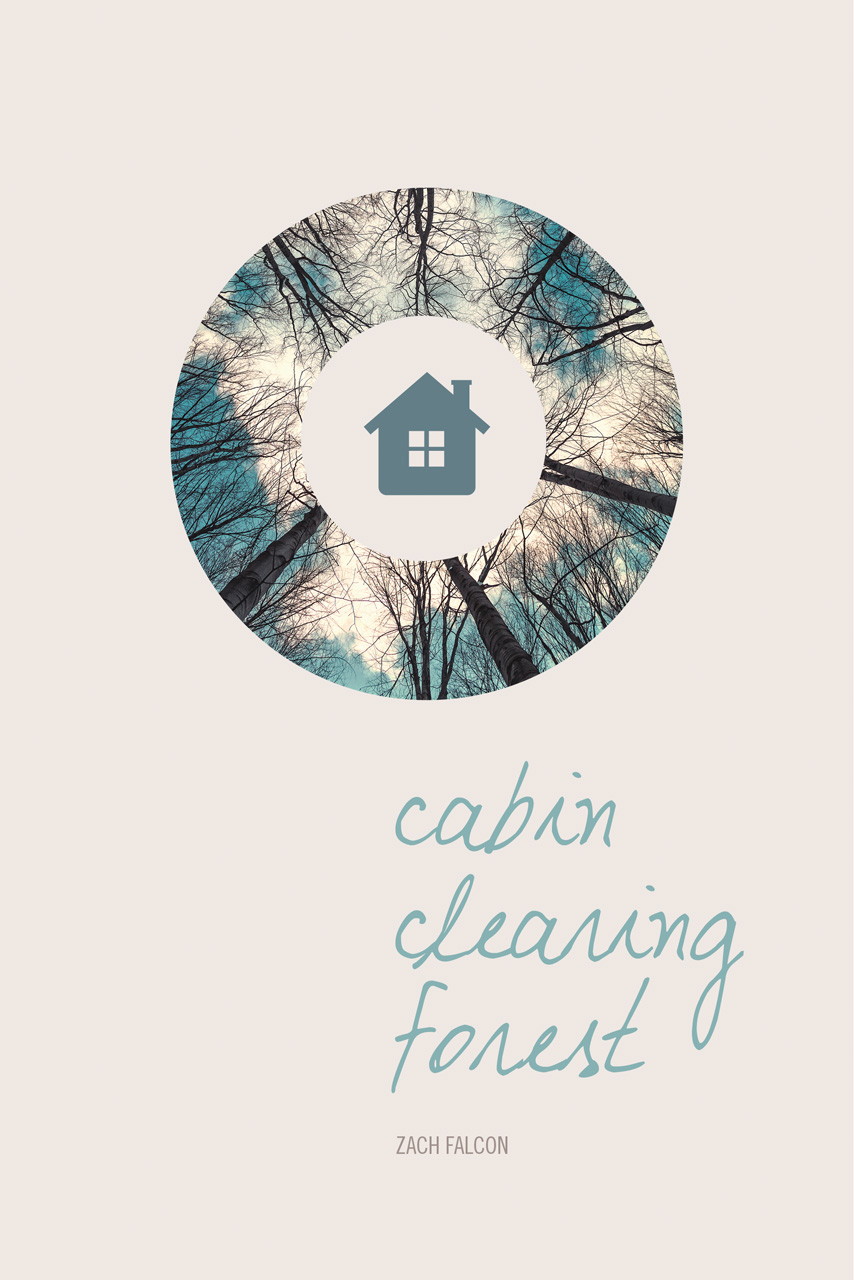These stories about Juneau, Alaska, present readers with a microcosm of small-town living in the Great White North. At their best, they are stories about machismo in an age when there is little call for such. Lesser stories (insofar as they seem somewhat familiar) focus on troubles within family and among children.
The first three stories forge the title of the collection. Each of them seems strange in some way and yet I found none of them wholly satisfying. "Cabin" is about a disintegrating marriage from the point of view of the two under-ten children in the family (a Hansel and Gretel-like pair who wander around the woods to avoid home life); I found it a strange story to open with, since its themes seemed so overdone. "Clearing" focuses on a family that goes away to Pennsylvania and returns to stand out on the road nude and then gets arrested; the point of view is from the town's perspective, so we never quite understand what would cause the family to flip out. The real pleasure in this story, however, comes from the descriptions of the town, a place that lets out in summer, becoming a community of sorts, before the hunkering down each winter. "Forest" focuses on another family in trouble--this time the father has gone missing, and the emotional breakdown that the mother suffers puts the kids in charge, though they seem hardly ready. The real heartbreak in this story revolves around a dog that is tied up and not fed.
The shorter stories in the collection also didn't much satisfy me, even more than the three opening tales. They have neat ideas behind them, but the ideas don't seem fully developed, even if the language can often be beautiful. "What This Guy Said One Night" revolves around a grandfather's last wise words captured inside a bottle for posterity. "The Times of Danil Garland" focuses on a beautiful gal and the young men who look to pursue her and then grow up, dying and disappointing along the way. “Sleight” focuses on a family of magicians and a mother's disappearance, but the title seems to suggest the feel of the story itself. “Dendromancy” is probably the most successful of the shorter stories, in part because it is so shocking.
“Blue Ticket,” along with "Bridge to Nowhere," are my two favorites from the book. In the latter an unemployed lawyer in a bit of a depressive state ends up hanging out with Warren, who has some sort of mental disability. The lawyer sees Warren as a means to kill time and to make himself feel good but not as the friend Warren thinks he is. During the course of the story, the lawyer learns that Warren owns a good chunk of old, undeveloped land, and the two decide to go take a look at it, visions of money stirring in the lawyer's brain. As one might expect, Warren turns out to be much more of a friend to the lawyer than he would ever imagine or acknowledge.
“Roost” reads like a well-accomplished workshop story, which is to say that it is very well written if a bit predictable in a literary way. The tale is one about a married couple who buy a painting of a chicken out of a sense of irony. But that pride in the painting leads others to think them fans of chickens, and so over the years chicken collectables pile up. At what point does irony become love? Meanwhile, the marriage falls apart--and (spoiler here) when one chicken item is given away to a young married couple, we get the sense that bad luck is being passed along.
“A Beginner's Guide to Leaving Your Hometown” and “Knots Pull against Themselves” both deal with people trying to escape Juneau but being unable to. The former focuses on a man on his last night (again) in town, drinking it away, talking about how much he hates the place. “Knots” focuses on a young man who has an opportunity to go away to college in the lower forty-eight but who has to rely on his unreliable brother for a ride because he has too little money to pay for a taxi and his mother doesn't want him to leave. Alas (spoiler) he eventually discovers that he misses the town he so wanted to escape.
The last story, “Every Island Longs for the Continent--Kodiak 1973,” is the longest in the book. It is a tale of a man confined to home after contracting hepatitus. Being a hospital worker, he comes into contact with a woman who loses her baby; this same woman ends up being taken in by his wife, who then grows jealous as the woman and the man seem to grow closer together.
Monday, May 16, 2016
On "Cabin, Clearing, Forest" by Zach Falcon ****
Labels:
Books,
Collections,
Four-Star Collections,
Zach Falcon
Subscribe to:
Post Comments (Atom)







No comments:
Post a Comment